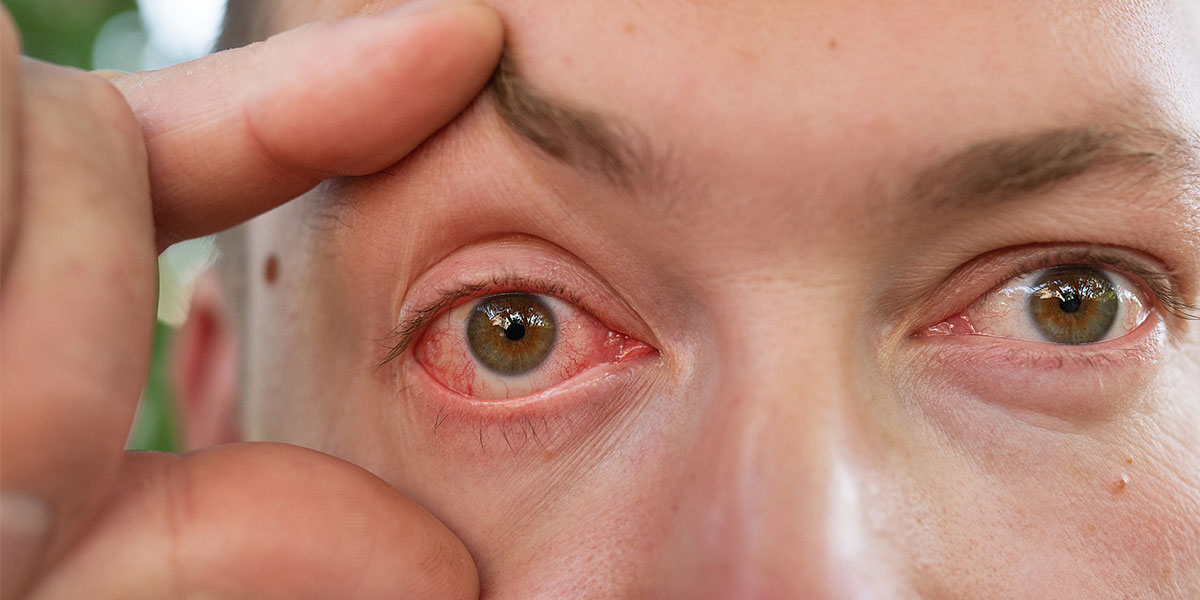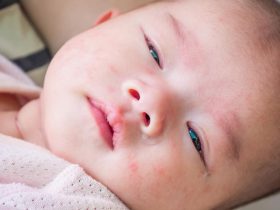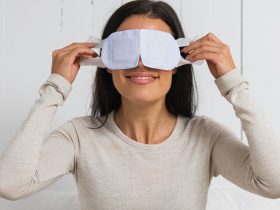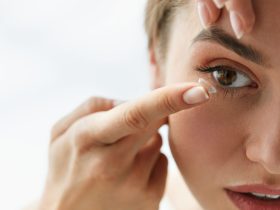Dry eyes ICD 10 can be very uncomfortable. Many people suffer from this condition. In this article, we will talk about dry eyes ICD 10 code. We will also discuss the causes, symptoms, and treatment options.
What is Dry Eyes?
Dry eyes happen when your eyes do not make enough tears. Tears are important. They keep your eyes wet and healthy. Without enough tears, your eyes can become dry and irritated.
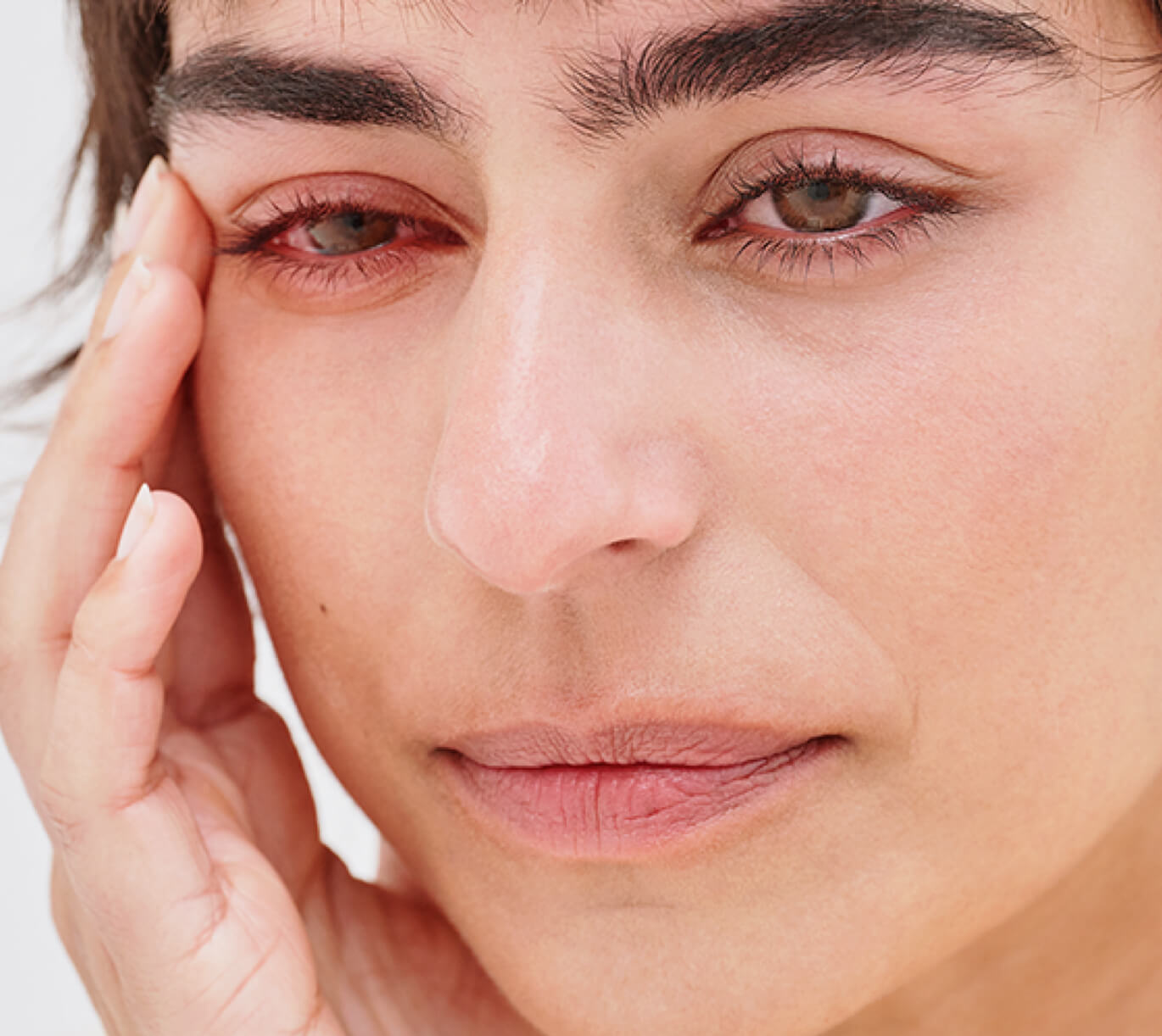
Dry Eyes ICD 10 Code
Doctors use codes to classify diseases. The Dry Eyes ICD 10 code is H04.12. This code helps doctors and insurance companies understand the condition.
Learn more about dry eyes ICD 10 Data codes or check out this detailed resource on ICD10-CM for dry eyes.
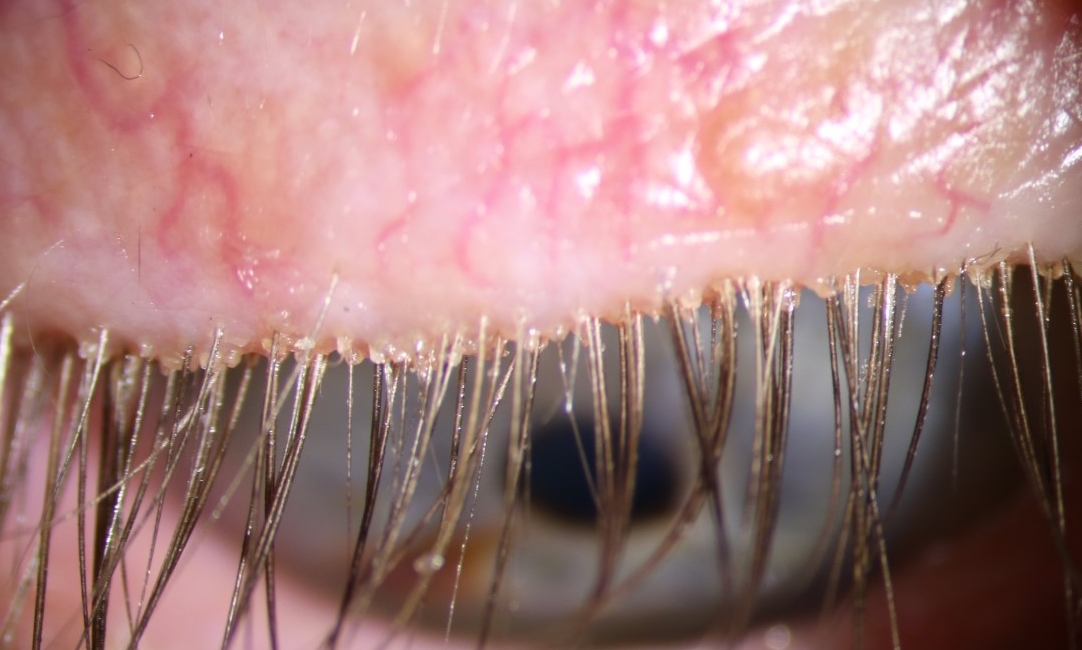
Causes of Dry Eyes
There are many reasons why you might have dry eyes. Here are some common causes:
- Aging: As you get older, your eyes make fewer tears.
- Medications: Some medicines can cause dry eyes. This includes allergy medicine and blood pressure medicine.
- Environment: Wind, smoke, and dry air can make your eyes dry.
- Screen Time: Looking at screens for a long time can reduce blinking. Blinking helps keep eyes wet.
- Health Conditions: Some health issues, like diabetes and thyroid problems, can cause dry eyes.
Symptoms of Dry Eyes
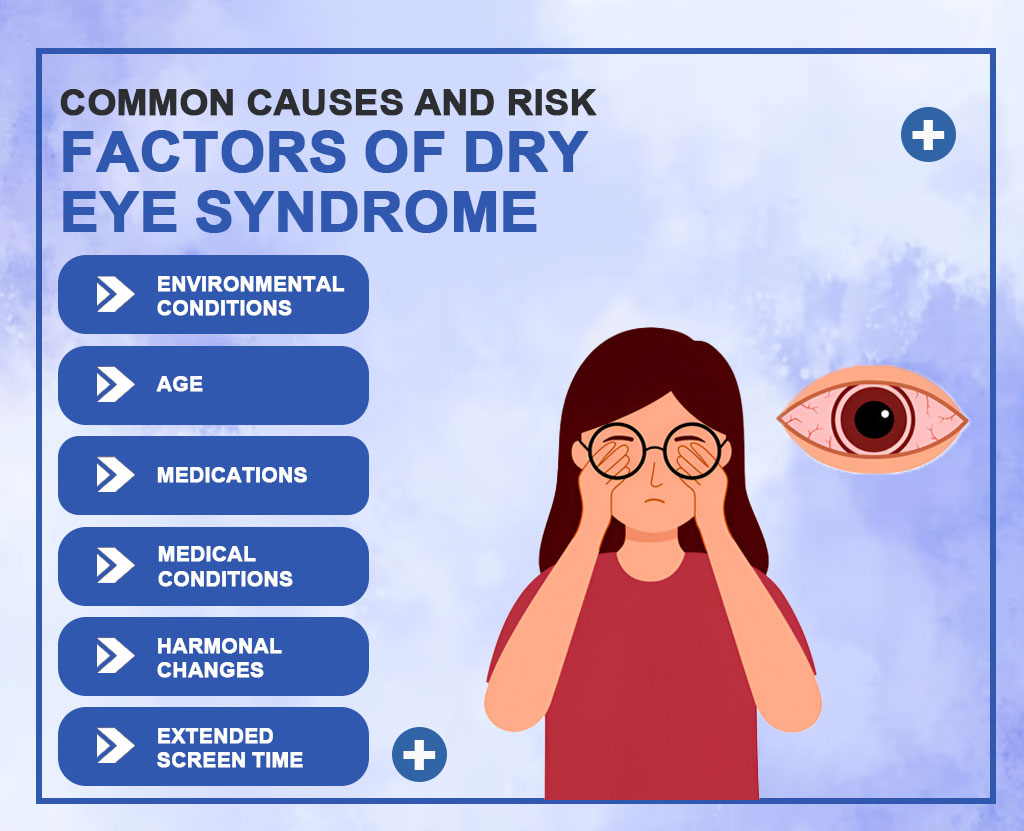
Dry eyes can cause many symptoms. Here are some common ones:
- Stinging or Burning: Your eyes may feel like they are burning.
- Redness: Your eyes may look red.
- Itching: You may feel like you need to rub your eyes.
- Blurry Vision: Your vision may not be clear.
- Feeling of Grit: It may feel like something is in your eye.
- Watery Eyes: Sometimes, dry eyes make too many tears. This is because your eyes are trying to fix the dryness.
For more information, visit dry eye care tips.
Diagnosing Dry Eyes
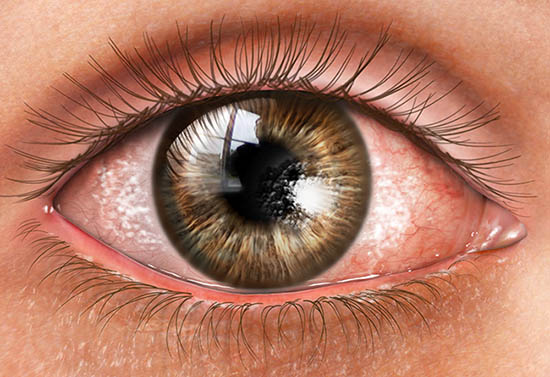
If you have symptoms, see a doctor. They can check your eyes and see if you have dry eyes. Here are some tests they might do:
- Eye Exam: The doctor will look at your eyes with a special light.
- Tear Test: The doctor may measure how many tears your eyes make.
- Staining Test: The doctor may use dye to see your tears better.
Treatment for Dry Eyes
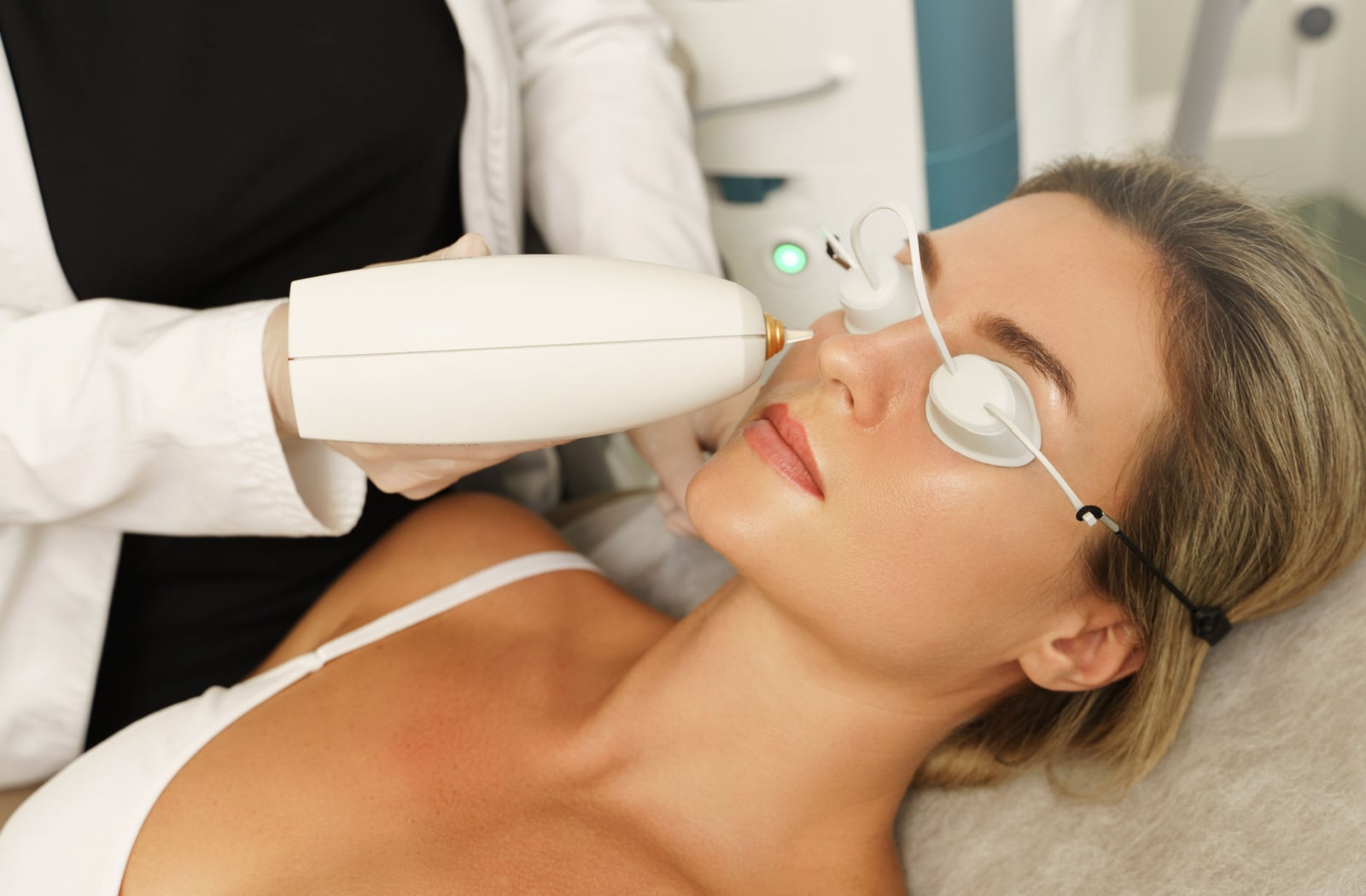
There are many ways to treat dry eyes. Here are some common treatments:
- Artificial Tears: These are eye drops that add moisture to your eyes.
- Restasis: This is a prescription eye drop. It helps your eyes make more tears.
- Xiidra: This is another prescription eye drop. It helps reduce inflammation in your eyes.
- Warm Compress: Placing a warm cloth on your eyes can help. It can make your tears flow better.
- Eye Hygiene: Keeping your eyelids clean can help. Use a gentle cleanser to clean your eyelids.
- Omega-3 Supplements: These can help your eyes make better quality tears.
- Punctal Plugs: These are tiny plugs that the doctor puts in your tear ducts. They help keep tears on your eyes longer.
Preventing Dry Eyes
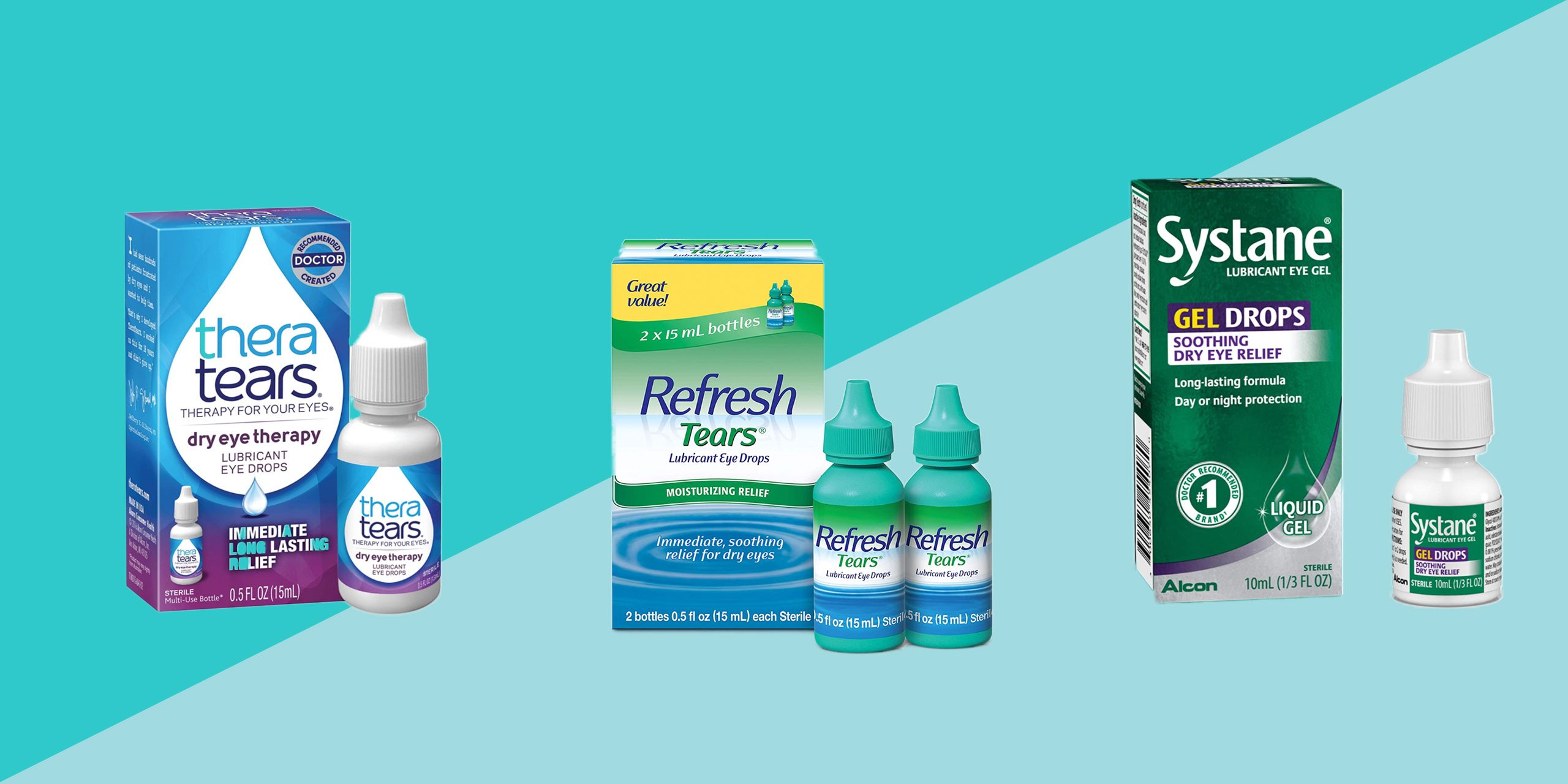
There are things you can do to prevent dry eyes. Here are some tips:
- Blink Often: Remember to blink when using screens.
- Use a Humidifier: This adds moisture to the air in your home.
- Wear Sunglasses: Sunglasses can protect your eyes from wind and sun.
- Stay Hydrated: Drink plenty of water to keep your body and eyes hydrated.
- Avoid Smoke: Stay away from smoke and smoky areas.
When to See a Doctor
If your eyes feel dry all the time, see a doctor. They can help you find the cause. They can also help you find the right treatment.
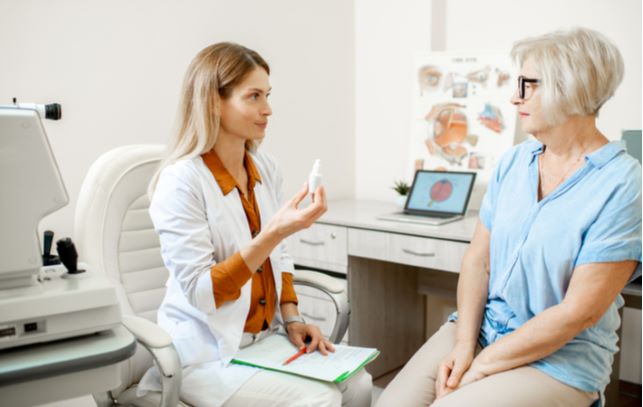
Frequently Asked Questions
What Is The Icd-10 Code For Dry Eyes?
The ICD-10 code for dry eyes is H04. 123.
How Is Dry Eye Syndrome Diagnosed?
Doctors diagnose dry eye syndrome with exams and patient history.
What Are The Symptoms Of Dry Eyes?
Common symptoms include redness, burning, and a gritty feeling.
Can Dry Eyes Lead To Other Problems?
Yes, untreated dry eyes can cause infections and damage.
What Are the Best Daily Contact Lenses for Dry Eyes?
The best daily contact lenses for dry eyes include Acuvue Oasys 1-Day, Dailies Total1, Biotrue ONEday, Clariti 1 Day, and MyDay Daily Disposable for comfort and moisture.
Conclusion
Dry eyes can be uncomfortable, but there are many treatments. Understanding the Dry Eyes ICD 10 code for dry eyes, H04.12, helps in getting the right care. If you have symptoms, see your doctor. They can help you find the best way to keep your eyes healthy and comfortable.

